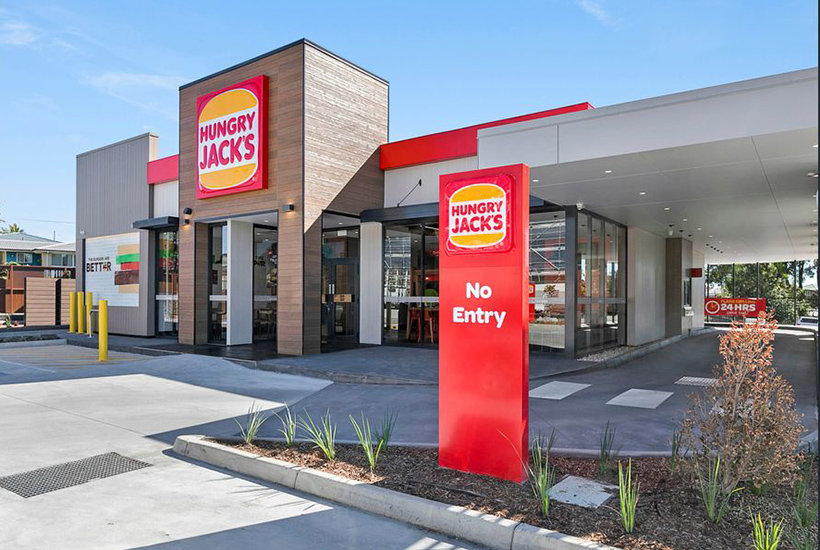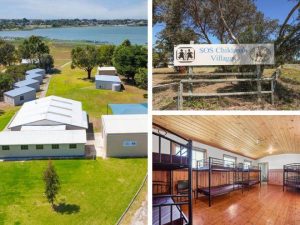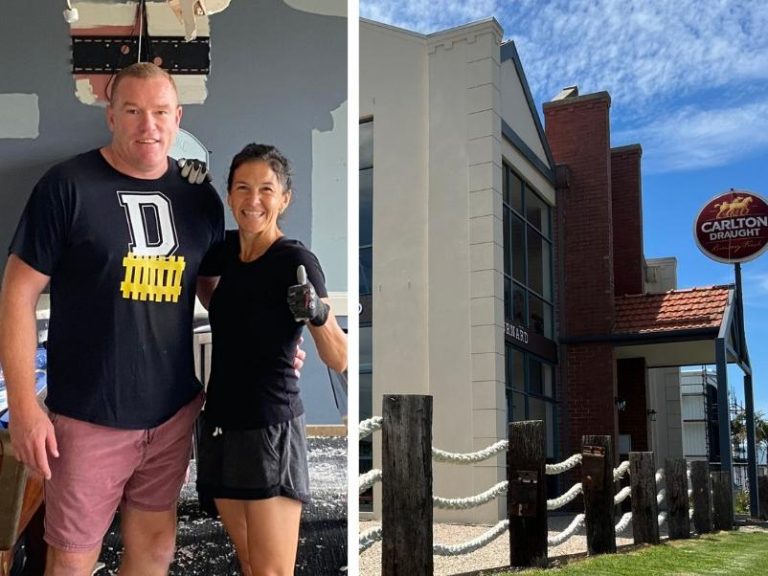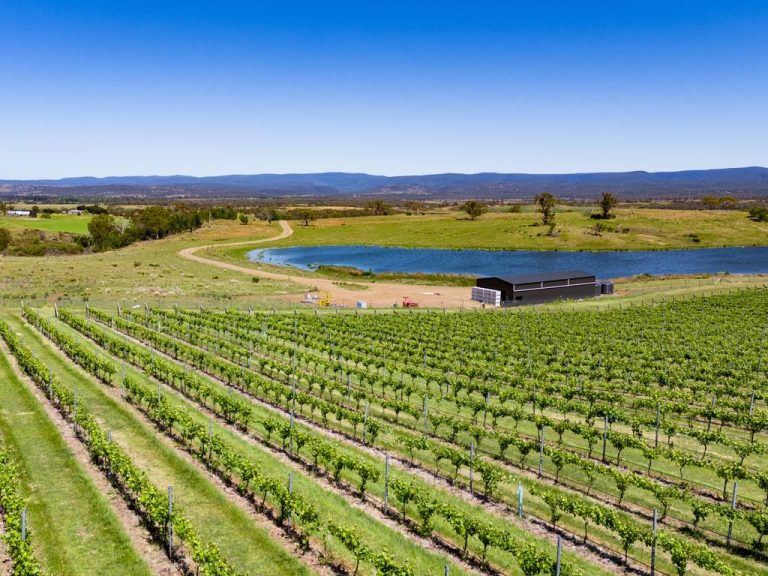Hungry Jack’s baron fares best among Aussie billionaires

A weakening economy and sharemarket, along with a subdued housing sector, have cut into the profits of the private companies headed by many of Australia’s richest people.
Profits for big pub and property groups fell in 2019, the latest financial accounts reveal, though there were some bright spots for the billionaires on The List – Australia’s Richest 250.
Jack Cowin’s Competitive Foods, which owns the Hungry Jack’s fast food business in Australia and some KFC outlets, trebled its net profit and doubled its pre-tax profits in 2019. Cowin is celebrating his 50th year in business in Australia after starting with a KFC outlet in the Perth suburb of Rockingham in 1969.
Commercial Insights: Subscribe to receive the latest news and updates
Competitive Foods made a net profit of $24.1 million from revenue of $1.58 billion, up from $7.5 million and $1.39 billion respectively in 2018, when it was hit by one-off expenses.
Billionaires Charlotte and Erin Vidor’s Toga Management hotel business almost quadrupled its net profit to $8.7m, as hotel revenue and management free revenue rose about $16 million to $394 million. Toga runs hotel brands such as Adina, Vibe, Medina and Travelodge.

Fellow billionaire Terry Snow had an improved year in revenue terms at least at his Canberra Airport, which paid him and his family a $320 million dividend after a year when revenue rose almost $40 million to $296 million. Canberra Airport is as much a property concern as an aviation business, with a huge business park comprising the bulk of the $3.3 billion in investment property assets on Snow’s balance sheet. But a $38 million fall in valuation of some financial assets saw operating profit down to $197 million, from $244 million.
It was a similar story for Bruce Mathieson’s ALH Group, the pub and poker machines giant he runs in partnership with Woolworths. While ALH is about to merge with Woolies’ Endeavour Drinks business as part of a move by the supermarkets group to exit pokies, it is still making strong profits for its owners.
ALH’s revenue rose by 5.2% to $4.7 billion, but net profit fell by a slight $20.6 million to $222.3 million. Mathieson will have received 25% of the $143.5 million dividend ALH paid its owners.

Pubs and pokies supremo Bruce Mathieson. Picture: Russell Shakespeare
Fund manager David Paradice will have shared in the $38 million dividend his Paradice Investment Management firm paid him and his employee shareholders, but the group — which manages more than $16 billion in assets — saw its revenue and profit fall.
The firm, which receives management and performance fees based on its stock-picking acumen, saw its revenue decline from $139m in 2018 to $86m, and its operating profit before tax drop from $78 million to $54 million.
Operating in a tough Perth housing market, Dale Alcock’s ABN Group saw its net profits almost halve to about $8 million, despite revenue rising more than $40 million to hit $952 million.
Thomas Foods International, owned by South Australian billionaire Chris Thomas, recorded a $160 million net profit but only after receiving $191 million in insurance payments related to a fire at its Murray Bridge abattoir in 2018.
This article originally appeared on www.theaustralian.com.au/property.







